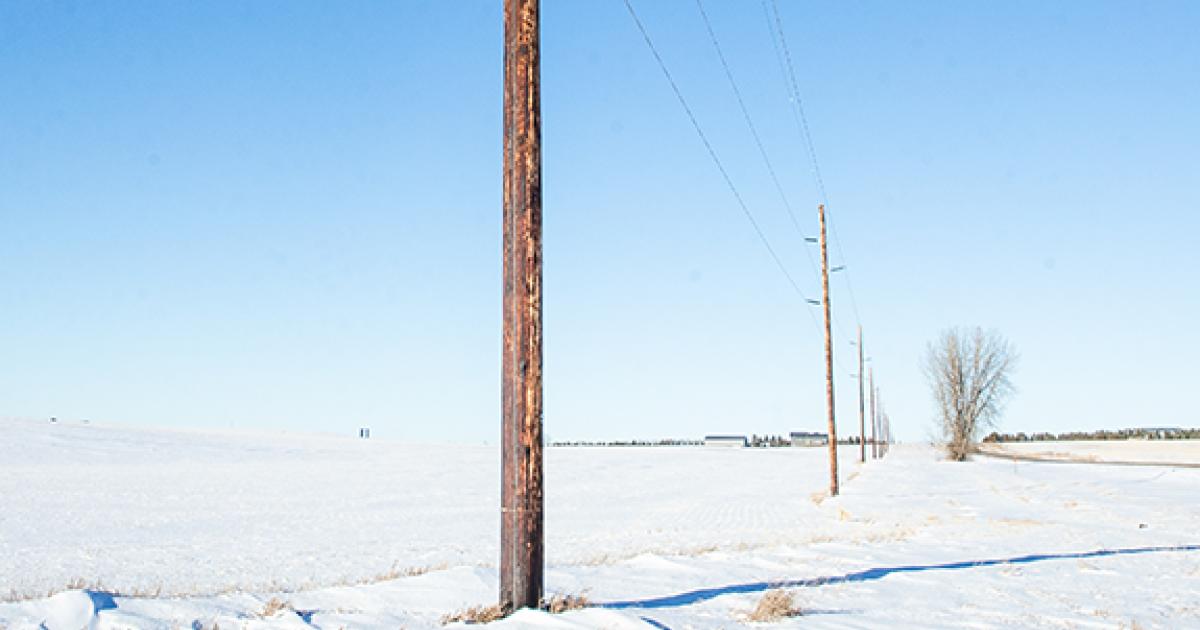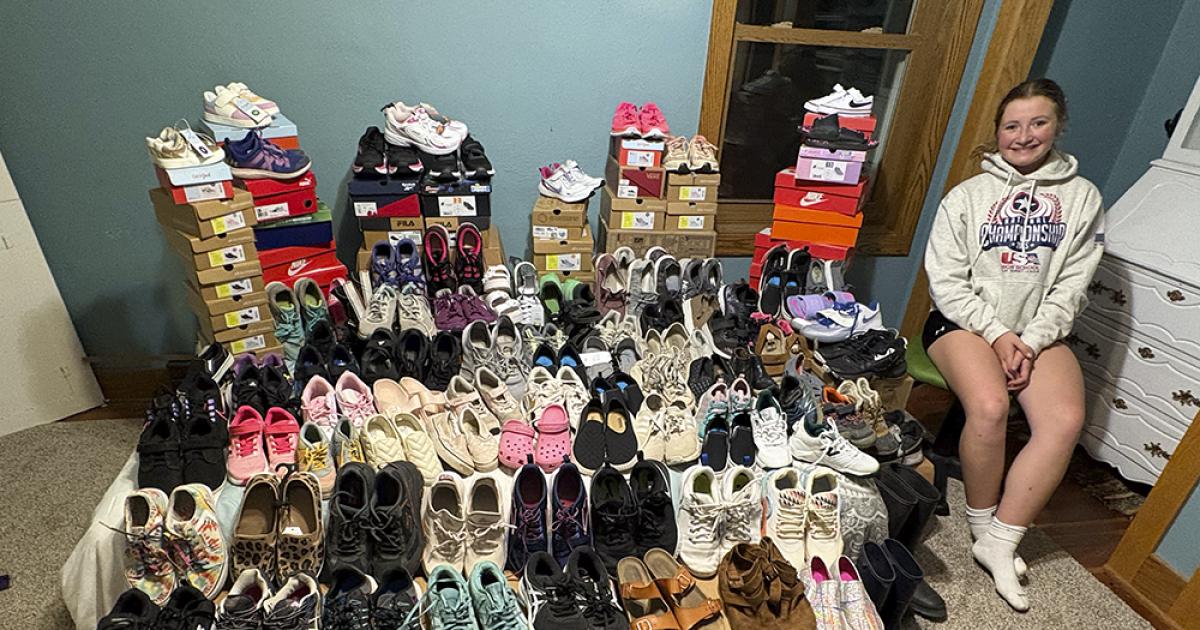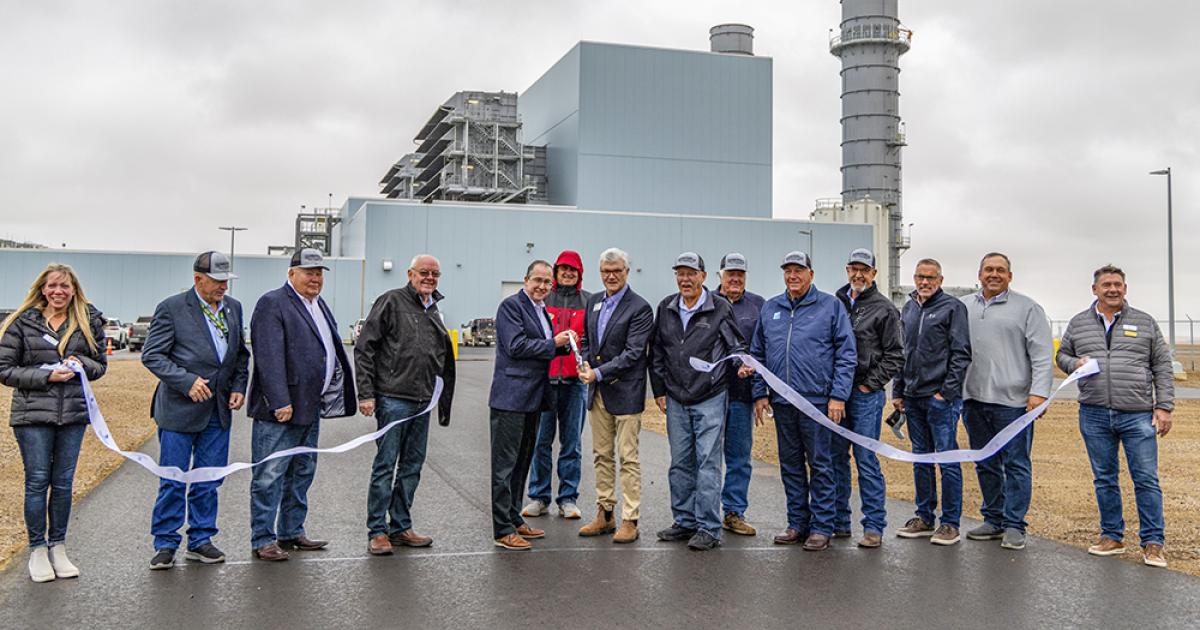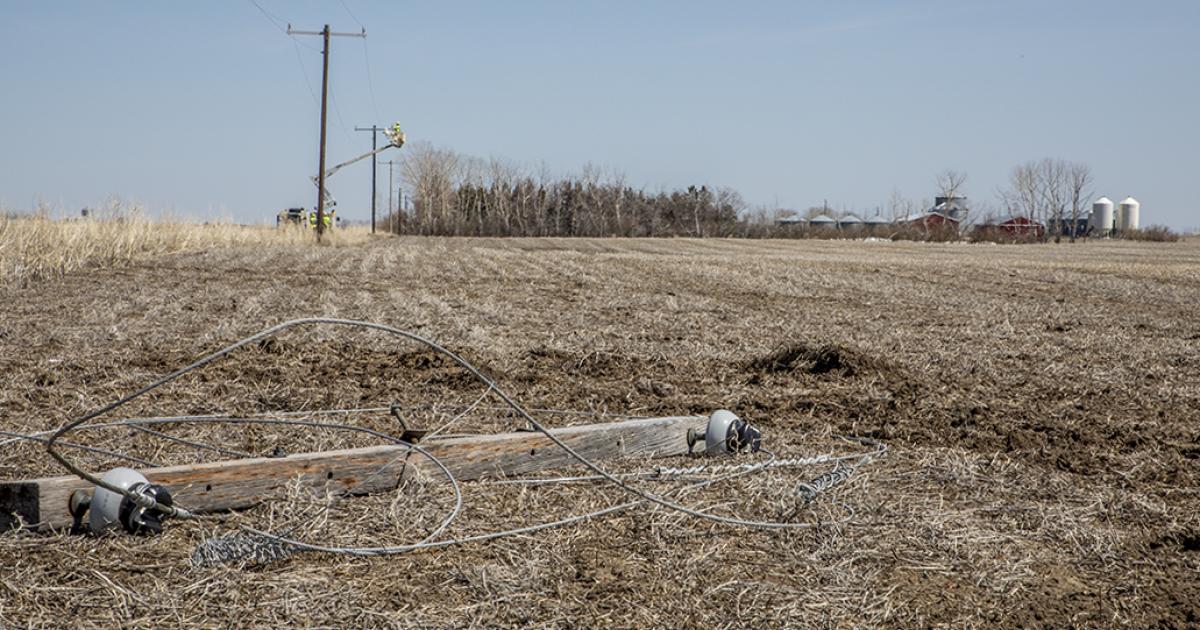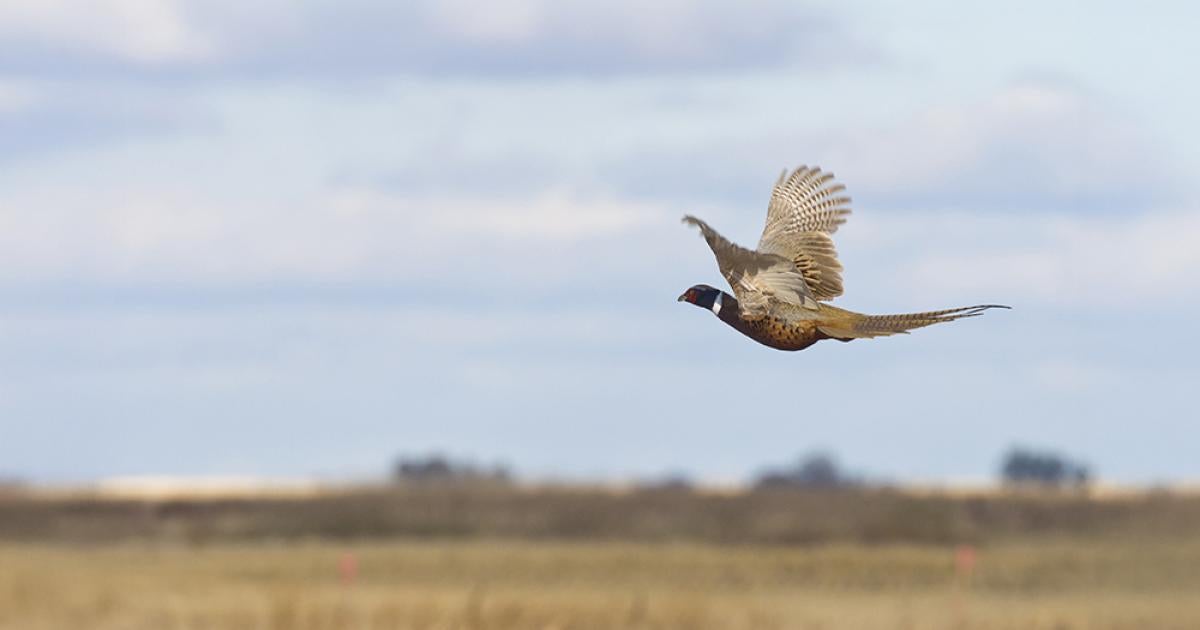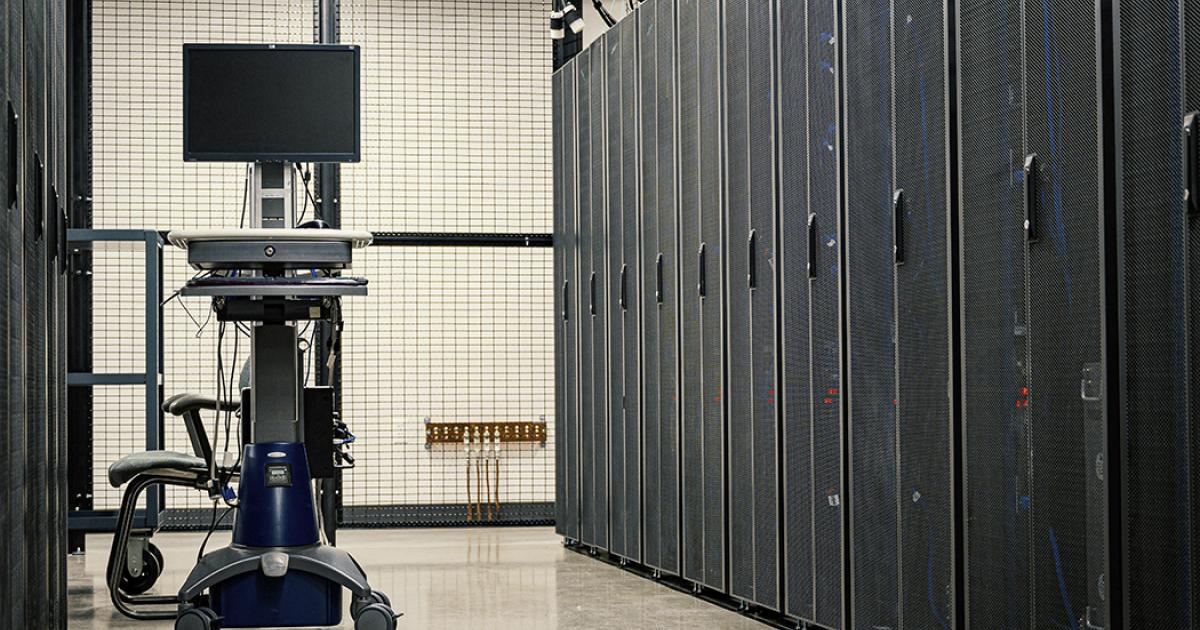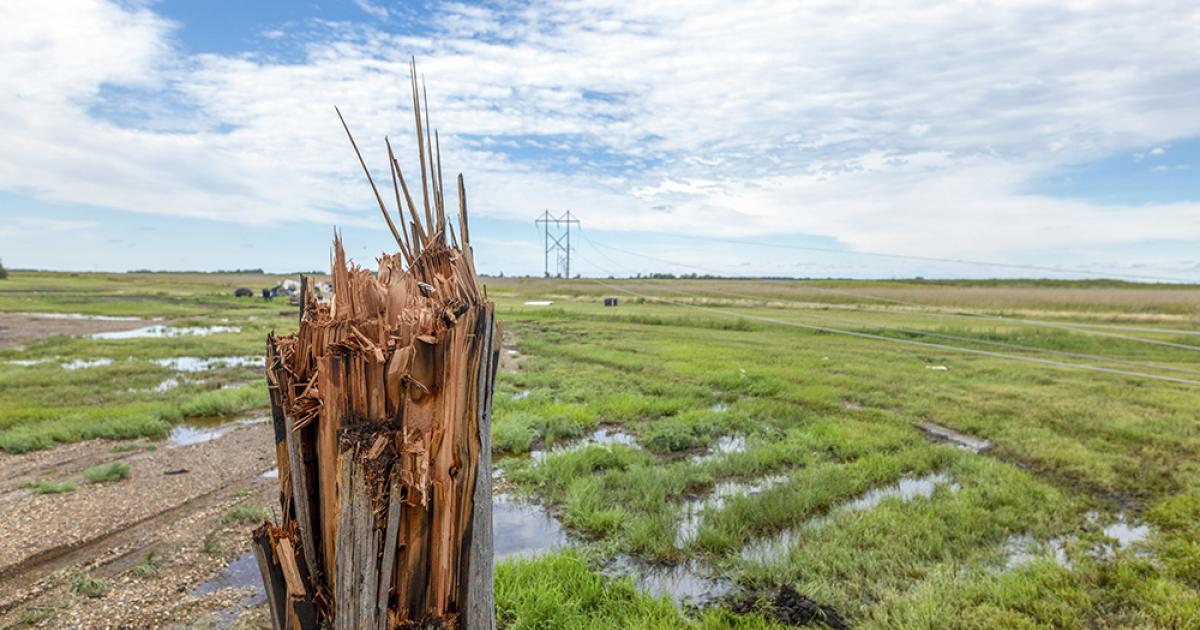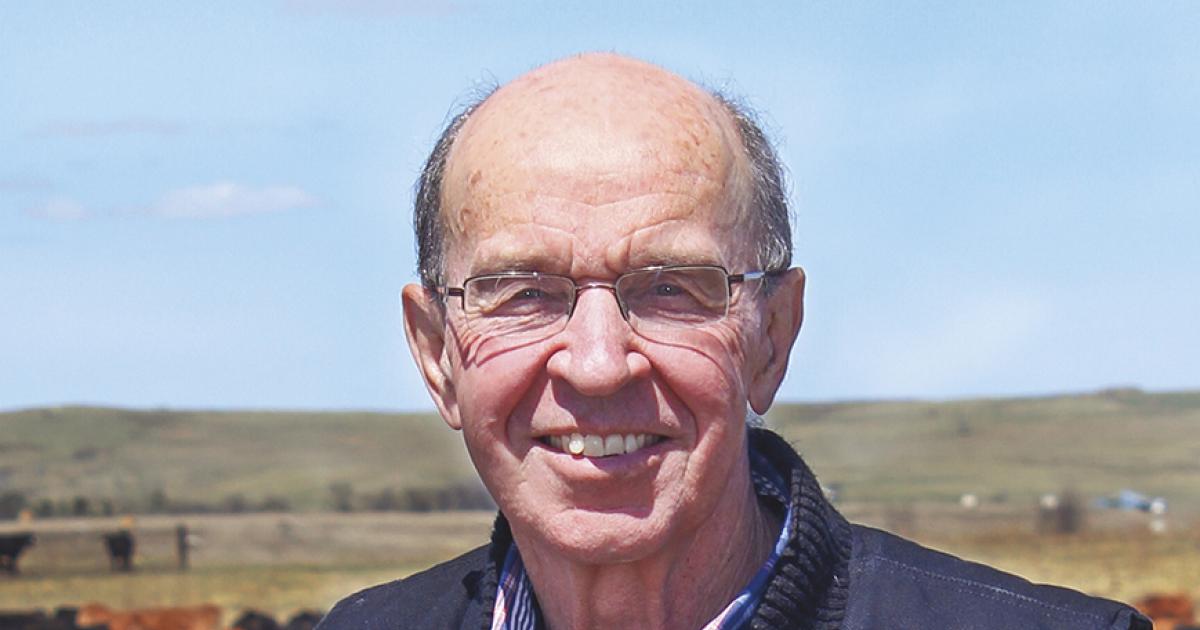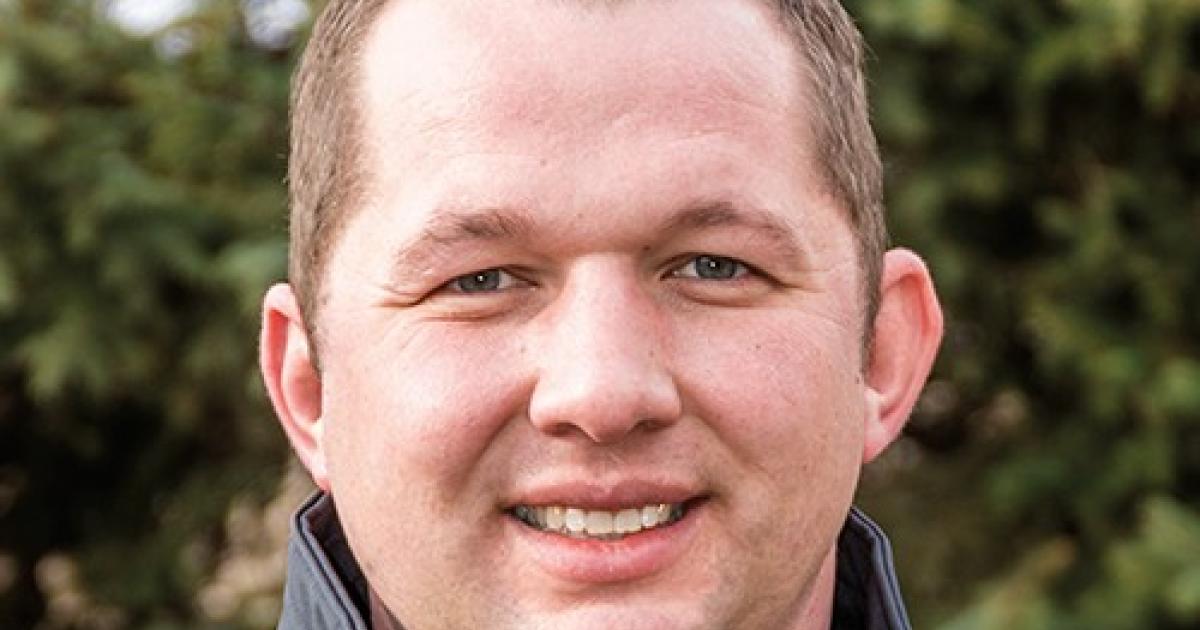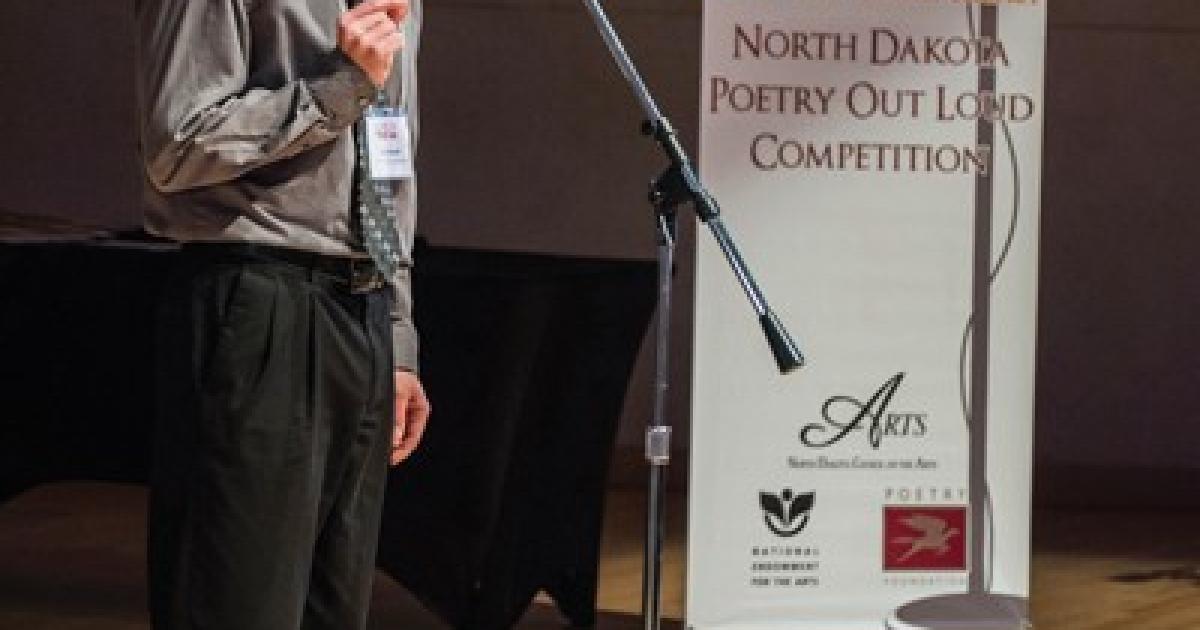Forecasted rising electricity demand and a continued shift in the resource mix will affect the bulk power system (BPS) this winter, electric reliability watchdog the North American Reliability Corporation (NERC) states in its 2025-26 Winter Reliability Assessment.
While all areas have adequate resources for winter peak electric demand, extreme winter conditions extending over a wide area could result in electricity supply shortfalls, NERC says.
News Connections
As an energy exporter blessed with abundant supply, North Dakota consistently ranks among the cheapest states in the country when it comes to residential, commercial and industrial electricity rates.
Exploding costs of transmission, the buildout and replacement of transmission infrastructure, and the increase in energy load have helped push residential electricity prices modestly higher in recent years, however.
Average residential rates increased nearly 30% in the state between 2020 and 2024.
During U.S. Environmental Protection Agency (EPA) Administrator Lee Zeldin’s visit to North Dakota in November, the agency announced its approval of North Dakota’s coal combustion residuals (CCR) permit program. The approval allows the state, instead of the federal government, to regulate the disposal of CCR in surface impoundments and landfills, making North Dakota the fourth state to have this oversight authority.
Zeldin says the move signals EPA’s commitment to permitting reform, which has become a policy priority for electric cooperatives.
Abby Finke, North Dakota’s Youth Leadership Council delegate, smashed her goal of collecting 50 pairs of shoes to benefit the Matthew 25 Project in Minot, which provides clothing and household donations to local community members. In August and September, Finke collected nearly 160 pairs of shoes.
Finke represented Verendrye Electric Cooperative (VEC) on the Electric Cooperative Youth Tour to Washington, D.C., this summer and was chosen to represent North Dakota on the Youth Leadership Council (YLC).
The largest single-site electric generation project built in North Dakota in over 40 years is making electricity. Construction was completed this fall on Basin Electric Power Cooperative’s Pioneer Generation Station Phase IV (PGSIV) located northwest of Williston.
The 580-megawatt (MW) natural gas-fueled facility combines combustion turbines and reciprocating engine units, providing reliable, flexible power and helping to ensure long-term grid stability.
The $805 million project was completed on time and under budget, the cooperative said.
North Dakota’s presidential disaster declaration request from June’s severe storms and tornados has been approved.
The N.D. Department of Emergency Services learned Sept. 11 President Donald Trump approved Gov. Kelly Armstrong’s request, unlocking critical federal assistance to help cover the costs of repairs to public infrastructure and recovery assistance.
“This much-needed disaster aid will help our state’s communities and utilities recover from one of the most powerful summer storms in recent history,” Armstrong said.
• Do not shoot at or near power lines or insulators.
• Familiarize yourself with the location of power lines and equipment on land where you shoot.
• Take notice of warning signs and keep clear of electrical equipment.
• Do not place deer stands on utility poles or climb poles. Energized lines and equipment on the poles can conduct electricity to anyone who comes in contact with them, causing shock or electrocution.
An interim legislative committee tasked with studying the impact of large loads on the electric grid convened for the first time Aug. 27 in Ellendale.
Legislators on the interim Energy Development and Transmission Committee toured the Applied Digital campus in Ellendale and heard presentations from several electric and data center industry professionals and local and state officials.
While the study looks at the impact of all large energy users on the electric system, data centers have emerged as a primary concern.
A new bipartisan bill in Congress would streamline the Federal Emergency Management Agency and speed up delivery of crucial disaster relief funds. The Fixing Emergency Management for Americans (FEMA) Act of 2025 also preserves the agency’s Public Assistance (PA) program, which provides critical funding for electric cooperatives to restore power and rebuild their systems after natural disasters.


